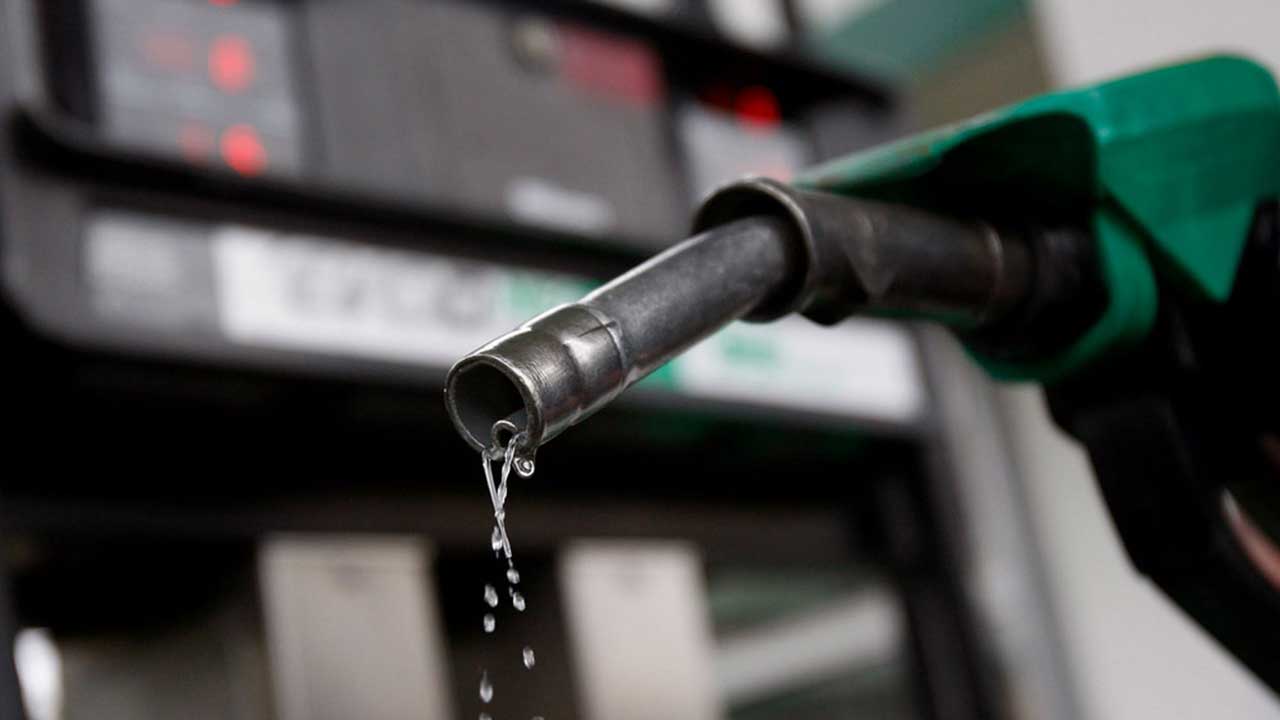It’s April and Nigeria is already on course to spending a record amount of money on petrol subsidy. After a few years of calling subsidy pseudonyms including “under-recovery”, the federal government is back to calling it by its real name as President Muhammadu Buhari wrote the National Assembly for approval to increase allocation for 2022 fuel subsidy to 4 trillion naira. The president’s letter, read in the House of Representatives on Thursday by Speaker Femi Gbajabiamila, argued that while only N442.72 billion was earmarked for fuel subsidy in the 2022 budget for the first half of the year, the reality on the ground with high crude oil prices has made it imperative to drastically increase the budgetary allocation.
“Every time you buy petrol at a fraction of what most people around the world pay, you must realise that the artificial price you are paying is made possible by money taken from other projects and programs, or by money taken from future generations in form of expensive loans. This cannot continue and has to end soon”.
For a struggling economy, four trillion naira is a lot of money, even with the poor state of naira. It is more than what the federal government has budgeted for education, health, research and development, all put together. Four trillion naira is 86% of the non-oil tax collected by the Federal Inland Revenue Service in 2021. Four trillion naira is roughly 80% of what the federal government budgeted for all capital projects across the country in 2022. Even debt servicing that many has called unsustainable will cost less than petrol subsidy this year.
Somehow, Nigeria has decided that cheap petrol is the most important thing in the country, and it is okay to spend almost all our nonoil tax or twice our oil tax on it. But how much fuel subsidy is too much? When do we as a country admit to ourselves that we have lost the plot on this subsidy business and press “reset”? Instead, we seem to be doubling down and essentially insisting that no amount is too much to subsidise petrol.
With anything else, we are able to put a figure on how much we are willing to spend. When we budget X amount of money for education, health or road infrastructure, we seldom increase the amount in the middle of the year to accommodate new needs. In fact, it is more common to cut the budget for these services than to increase it. But petrol subsidy is different. Year in, year out, we have lost control of the ability to project our expenditure here and to stick with the budgetary allocation. The subsidy budget for 2022 has gone from less than One trillion Naira to Three trillion naira, and now Four trillion naira, all before we have reached the middle of the year.
Also Read: Nigeria Looks To Its Shallow Water Oil Fields To Boost Production
The deregulation of the petroleum sector that was supposed to save us from all this has now been truncated and Nigeria’s fate is now completely tied to crude oil prices. Government revenue depends heavily on what prices crude oil is sold in the international market, and government expenditures now vary wildly based on how much fuel subsidy we force ourselves to pay. Let us concede for the sake of argument that our economy relies on cheap petrol to survive, shouldn’t we at least determine how much this reliance is worth in naira and kobo? It is impossible to argue that the importance of cheap petrol is incalculable and therefore we must continue to pay whatever it takes.
As I have argued many times on these pages, there is a cost to everything. Nigeria does not have infinite resources and every naira spent on a project is a naira not spent on another project. Every time you buy petrol at a fraction of what most people around the world pay, you must realise that the artificial price you are paying is made possible by money taken from other projects and programs, or by money taken from future generations in form of expensive loans. This cannot continue and has to end soon. Or else we mortgage the future of this country for cheap petrol.
My last paragraph here is for those who will respond to this article with the old argument that claims fuel subsidy is unnecessary if Nigeria takes local refining seriously. The truth is no number of local refineries will save Nigeria from fuel subsidy as long as crude oil prices are high. Locally refined or imported, any product that’s sold below its market price remains subsidized. The money that will be saved will be in freight and clearing costs and these constitute only a tiny percentage of the pump price of petrol. Local refining will also not save us from high consumption of petrol and illegal smuggling of our cheap petrol into neighbouring countries. The solution to all these problems is therefore simple. Nigerians need to pay the true market value of the petrol we use. It will not be the end of the world, but it would be the end of what has been the most costly and disruptive attempts at subsidising a commodity in Nigeria.
